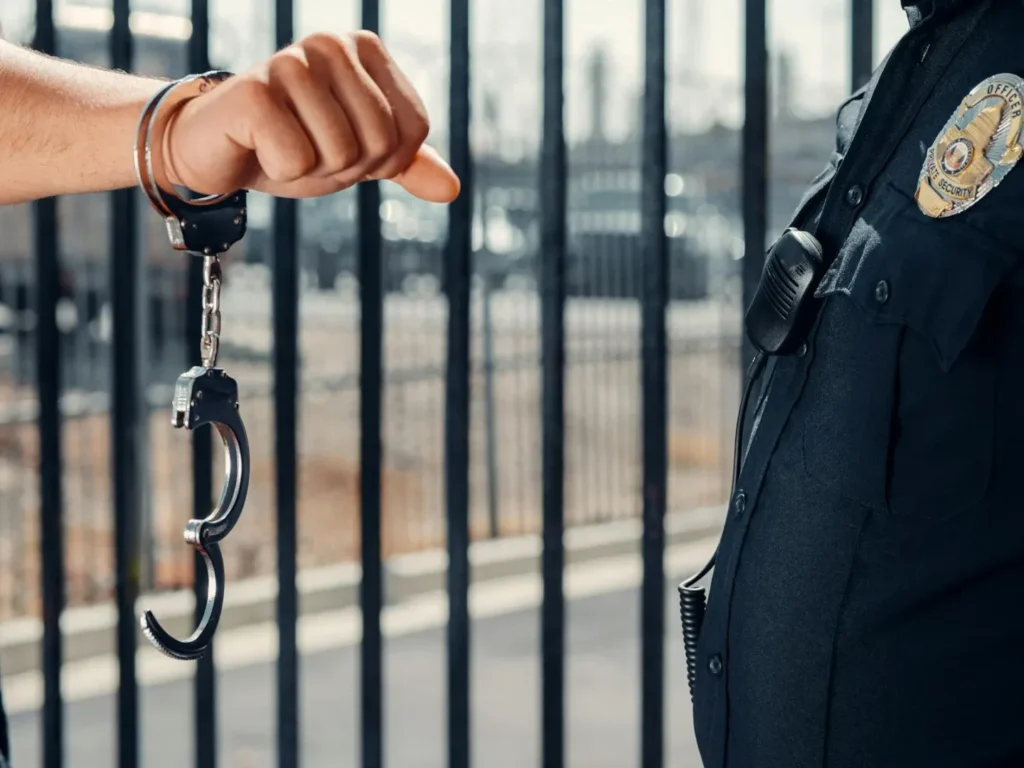Obtaining a No Contact Order in Michigan
Are you in need of a no contact order in Michigan? At ReedsAndReeds, we understand how challenging and emotional this process can be. With our years of experience as divorce lawyers, we are here to guide you every step of the way. In this article, I’ll walk you through the essential steps to obtain a no contact order in Michigan, ensuring your safety and peace of mind.
According to Michigan Courts, to get a no contact order, you need to file a petition for a Personal Protection Order (PPO) at the local court. Once filed, a judge will review the request and decide if it should be granted. You might need to provide details about why you need protection.
What is a No Contact Order?
A No Contact Order is a court directive that forbids individuals in a legal case from any form of communication, even if they try to do so indirectly through social media or third parties.
At the simplest level, a No Contact Order is often used in situations like domestic violence, harassment, or threats to keep everyone safe. If you break this order, you could face legal trouble like fines or jail time. The main goal of a No Contact Order is to stop any more conflict or harm by keeping the people involved apart.
All in all, it’s important to follow the rules of the order and ask for legal help if you have any questions. In short, a No Contact Order helps set boundaries and protects the safety and rights of the people involved in a legal issue.
Steps to Obtain a No Contact Order
A No Contact Order can be obtained by visiting the courthouse and completing the required paperwork.
Essentially, you will need to give detailed information about the person you want the order against and why you need it. A judge will look at your case and decide if a no contact order is needed to keep you safe.
Let me explain, if the judge agrees, you will get a copy of the order and the other person will be informed. It’s important to follow all the rules of the order and call the police if the other person breaks them.
Eligibility for a No Contact Order
As previously stated, a judge determines eligibility for a No Contact Order based on the unique details of each case.
In short, things to think about include what happened, the connection between the people involved, and if there has been any past violence or threats. A No Contact Order can be set up to keep the victim safe, stop more harassment or threats, or keep things fair and orderly.
At the simplest level, breaking a No Contact Order can lead to legal trouble, like fines or jail time. Anyone with a No Contact Order needs to understand it well and follow it to avoid more legal issues.
Filing a Petition for No Contact Order
Recalling what we discussed to file a petition for a no contact order, you can often do so without legal representation.
Basically, ask the clerk for the needed forms. Fill them out carefully with the correct details. Include information about the person you want the no contact order against. Attach any evidence you have to help your case. Check the forms for mistakes and sign them. Give these forms, along with any required fees, back to the clerk.
In general, a judge will look at your request and may set a date for a hearing. Go to the hearing and explain why you need the no contact order. The judge will decide based on what they see and hear. If approved, the order will stop the person from contacting or approaching you. Follow all parts of the order and tell the authorities if it is broken.
Consequences of Violating No Contact Order

In the context of what was mentioned, breaching a no contact order may lead to severe penalties, including arrest, fines, and potential imprisonment.
Essentially speaking, if you break a no contact order, you could get arrested, charged with a crime, and end up in jail or have to pay a fine. Also, you might get a protection order that stops you from talking to the victim for a long time.
When it comes down to it, this can hurt your reputation and future chances because you might end up with a criminal record. In short, breaking a no contact order can cause serious and long-lasting problems for you.
The Final Thoughts
Continuing from before, in Michigan, obtaining a no contact order involves filing a petition with the court specifying the reasons for seeking the order.
What ReedsAndReeds is suggesting to revisit is, a judge will then review the petition and make a decision based on the evidence provided. It is important to follow all legal procedures and requirements to ensure the safety and well-being of the individuals involved.







